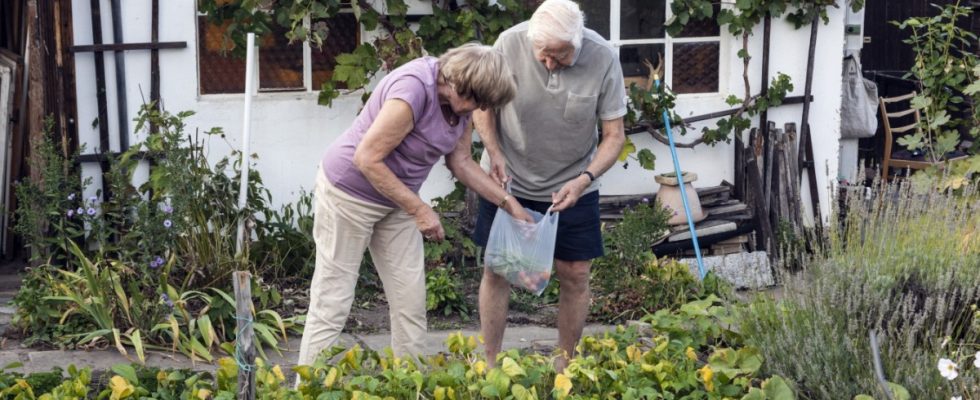In the animated film “Asterix Conquers Rome”, Julius Caesar has to acknowledge the superiority of the Gauls at the end. He then retreats into private life and grows roses. The filmmakers not only gave the Roman regent a more merciful fate than reality had in store for him (Brutus!), but also gave him the option of a healthy and happy retirement. Whether cutting roses, making boats, going to a dance group or meeting up for a skat game: hobbies apparently contribute significantly to well-being in old age. This is the conclusion reached by scientists at University College London Meta-analysis in the journal Nature Medicine.
According to the evaluation of the epidemiologists and aging experts led by Daisy Fancourt, hobbies should actually be prescribed with a prescription. Among the more than 93,000 participants from 16 countries, including Germany, less depression, better mental and physical well-being and more life satisfaction were observed among those who pursued one or more hobbies. The test subjects were between 72 and 76 years old, and the connection between hobbies and life satisfaction was independent of income or partnership. “It should be made easier for all age groups to get involved in a hobby,” demand the authors. “In this way, healthy life expectancy could be increased and the burden of illness and infirmity in old age could be reduced.”
Mental health is “in crisis worldwide”
Unfortunately, the analysis does not reveal which leisure activities could be particularly healthy and enjoyable in old age; There are probably significant individual differences here. Common hobbies mentioned were membership in clubs, sports, participation in language or other educational opportunities, voluntary work, party or community work, chess, card or board games, reading or crossword puzzles. The more time spent on the activities, the more satisfied the participants were.
It has long been known that it is good for the soul and keeps the body healthy if you maintain social contacts, feel responsible and get involved in clubs or other groups – and possibly also be physically active. However, the researchers emphasize that their analysis is based on a particularly broad database and that the benefits of hobbies have been shown in countries as diverse as China, Japan, the USA and many European countries. “The fact that hobbies contribute to greater life satisfaction is evident across social systems and cultures,” say the authors. Health scientist Sophie Wickham from the University of Liverpool highlights the importance of the findings in a commentaryafter all, “mental health is in crisis worldwide.”
What was surprising, however, was that the proportion of seniors who reported hobbies varied considerably from country to country. While in Germany, Sweden, Switzerland and Denmark more than 90 percent of participants pursued hobbies, in Spain it was only 51 percent and in Italy 54 percent. However, life expectancy in Mediterranean countries is slightly higher than in Central and Northern Europe. But it may also be a matter of country-specific peculiarities. While in this country it seems worth mentioning that people get involved in helping their neighbors, in communities in the south it is often still a matter of course – just like playing cards together or playing boccia on the village square.

